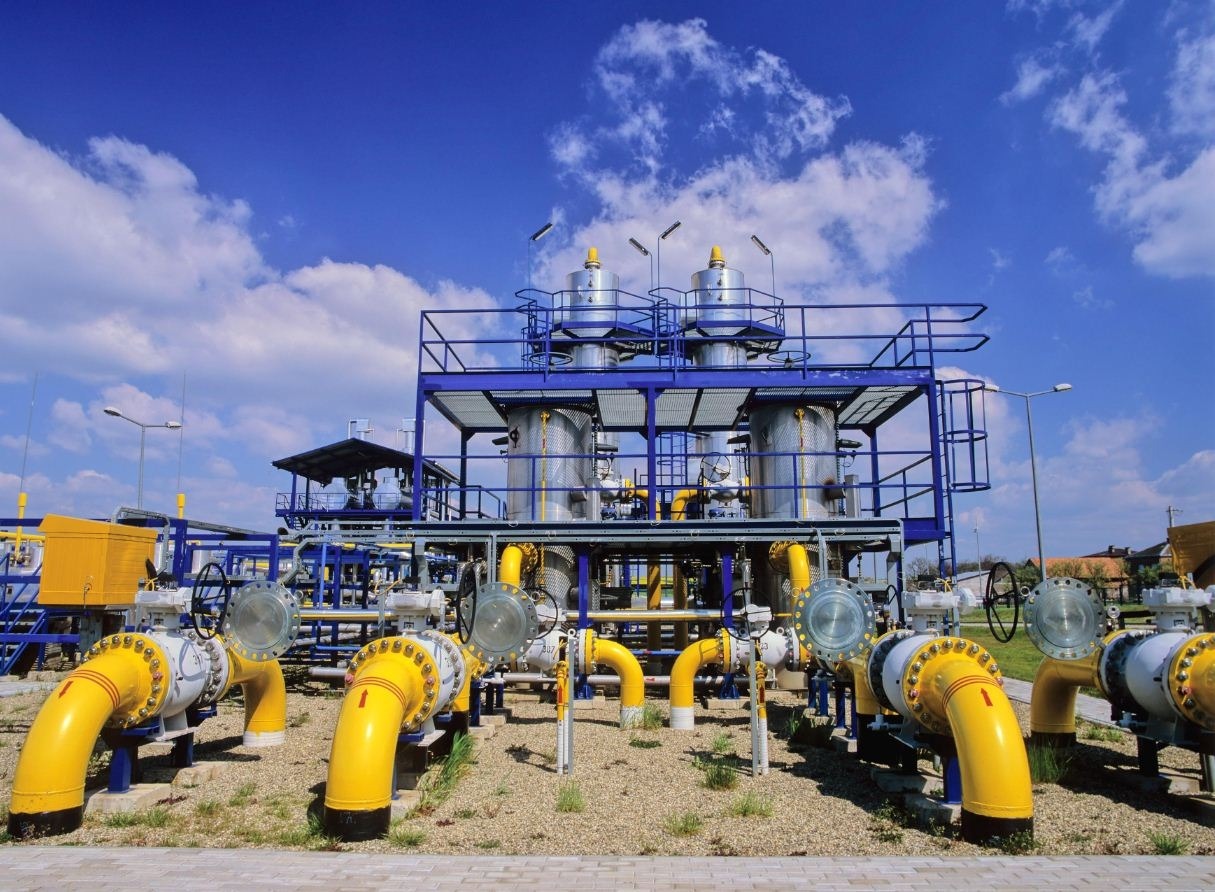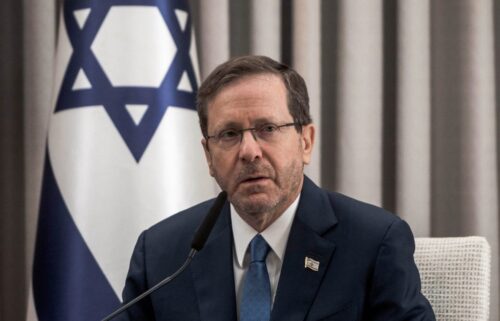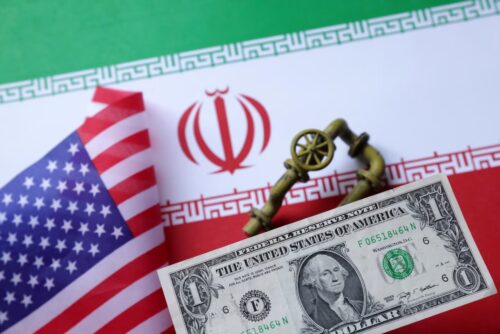
The EU is abandoning its core values and ‘rewarding’ Azerbaijan despite its appalling human rights record, says Eurasianet
As global political trends lurch rightward, the European Union seems to be wrestling with reappraising the collective meaning of European values. This internal struggle is perhaps most evident in the EU’s external dealings with Azerbaijan, Eurasianet writes.
As noted, Brussels has effectively rewarded Azerbaijan, despite its dreadful rights record, with the recent announcement that Baku will host the European Political Community (EPC) summit in 2028. The gathering is intended to promote unity and shared values among European nations. The website writes that the decision raises a key question that may help define the union’s future as it tries to balance values that Brussels has traditionally prioritized, especially tolerance, openness and inclusion, against recent trends and shifting economic needs. Boiled down to its essence, is the EU trading its democratic ideals for energy security?
It is no secret Baku’s role as a supplier of energy makes it strategically vital for Brussels. EU imports of Azerbaijani gas have increased significantly, with deliveries projected to reach 20 billion cubic meters annually by 2027, although questions remain about Baku’s ability to meet this target. The growing energy partnership has coincided with increased foreign direct investment (FDI) from EU countries into Azerbaijan. A notable indicator is that French FDI in Azerbaijan reached $121.91 million, despite strained diplomatic relations between the two governments.
According to a report published in May by the European Centre for International Political Economy, Azerbaijan has become an important energy supplier to the EU. However, the relationship remains complicated by enduring concerns related to governance, human rights, and democratic norms. The website states that a breakthrough in EU-Azerbaijani relations appeared to occur in late April when the two sides appeared to concentrate on developing economic and trade relations, setting aside differences over Baku’s rights record, including the smothering of all forms of dissent. EU Foreign Policy Chief Kaja Kallas called Azerbaijan an “important partner for the EU in the South Caucasus,” while Azerbaijani leader Ilham Aliyev stated that Brussels had exhibited a willingness to “abandon previous stereotypes and recognize Azerbaijan as a key partner.” As noted, the EU’s stance can be considered pragmatic, but it nevertheless undermines its credibility as a standard bearer for political pluralism and universal economic progress for all citizens. It ignores the fact that since early 2024, Azerbaijan has escalated its repression of independent media, with at least 25 journalists arrested, and has crushed political opposition. The European Parliament has expressed concern over Azerbaijan’s human rights record, adopting a resolution in October 2024 condemning the Aliyev administration’s actions. The decision to hold the EPC summit in Baku highlights the disconnect among EU institutions, as well as the internal contradictions involving the union’s stated values and its actions. Brussels’ stance toward Baku differs markedly from that taken toward another state with dictatorial political features, Belarus. The EU has been much tougher in imposing sanctions on Aleksandr Lukashenko’s regime than it has on Aliyev’s. Energy and trade priorities explain the difference. Elsewhere, top editors from across the EU in May assailed Hungary for proposed legislation that could suppress independent media and civil society, likening it to Russia’s “foreign agent” law.
The EU’s differences in its dealings with authoritarian-minded leaderships expose the fact that it is starting to lose touch with its founding ideals. French Foreign Minister Robert Schuman, perhaps the chief architect of European unity, wrote back in 1950 that “Europe will not be made all at once, or according to a single plan. It will be built through concrete achievements which first create a de facto solidarity.” The differing approaches on authoritarianism in its neighborhood suggest that the solidarity achieved since the EU’s formation is now coming undone.



